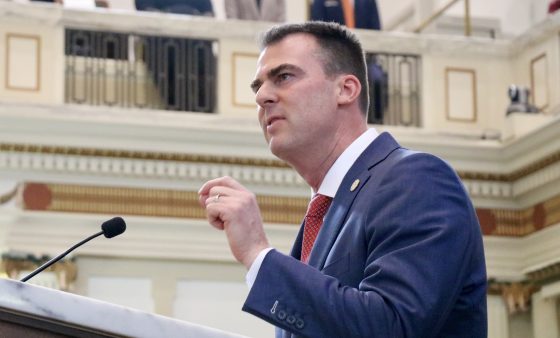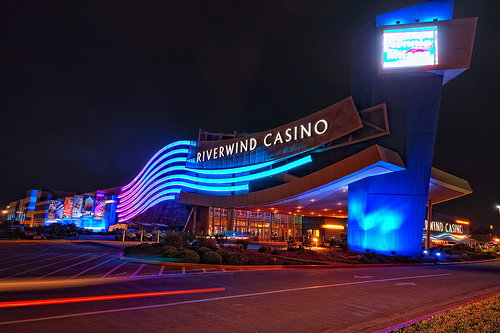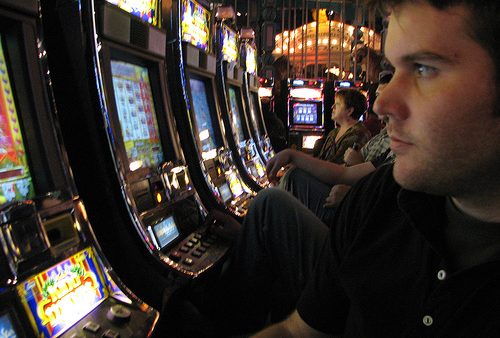Tribal Gaming

peggydavis66 / Flickr
Tribal Gaming in Oklahoma is regulated by the Tribal-State Gaming Compact, which expires in 2020.
Approved by voters in 2004, Oklahoma’s State-Tribal Gaming Act created a tribal gaming compact allowing federally recognized American Indian tribes to operate:
- Electronic bonanza-style bingo games
- Electronic amusement games
- Electronic instant bingo games
- Non house-banked card games
The current compact expires Jan. 1, 2020.
The Indian Gaming Regulatory Act of 1988 mandates that net revenues of such gaming be directed to tribes for government, economic development and general welfare use; to charitable organizations and to help fund local governments.
Compacted tribes also must pay monthly exclusivity fees to the state for both electronic and table games.
Fees for electronic games:
- 4 percent of the first $10 million of annual adjusted gross revenues (the total minus prize payouts)
- 5 percent of the next $10 million of of AGR
- 6 percent of AGR over $20 million
Fees for table games:
- 10 percent of the monthly net win
Latest stories
Gov. Stitt proposes budget in State of the State Address
Gov. Kevin Stitt delivered his second State of the State Address to the Oklahoma Legislature.






